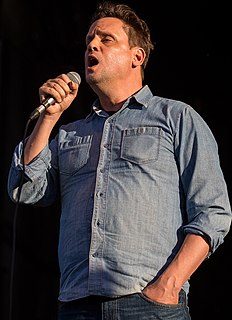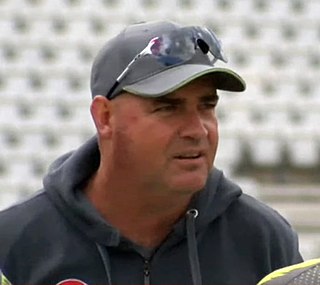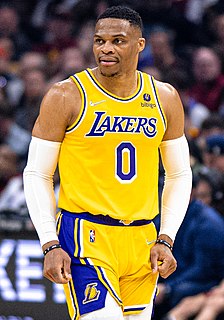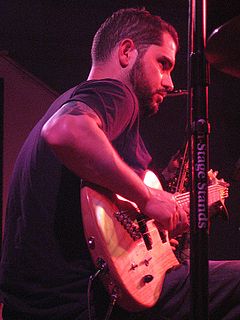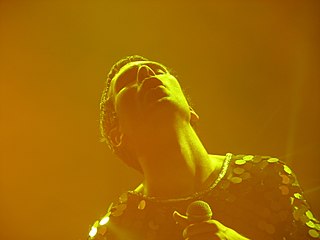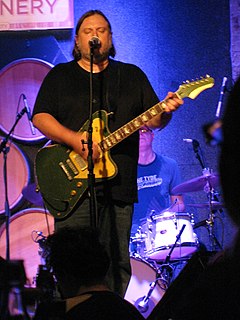A Quote by Tim Gane
My favorite record shop was called Recommended Records, in South London near where I lived - they did all the original Faust reissues that came out in 1979, and they also did a lot of Sun Ra stuff. They were a great record shop.
Related Quotes
I know someone who works in a record shop where I live and I'll go in there and he'll play me "Have you heard this single?". Singles by, er the group called The Tights, so an obscure thing... and a group called, I think, er Bauhaus, a London group. That's one single. There's no one I completely like that I can say "Well I've got all this person's records. I think he's great" or "This group's records" it's just, again, odd things.
One thing that did get me into a lot of different types of music was when I was very young, the local record store went out of business and they were selling off all the vinyl. I remember going in - I was probably 16 or 17 and I'd just gotten a record player as a present. It was like hitting the jackpot: all these records for $3 apiece.
The first record was basically a quick, fast record. The second record, we were going for more of a poppier sound - like a heavy pop sound. For 'Rocket to Russia,' we'd sort of reached our pinnacle. We'd gotten really good at what we were doing, so that's like my favorite record - that's a really good record. It's just great from beginning to end.
My school music teacher, Al Bennest, introduced me to jazz by playing Louis Armstrong's record of "West End Blues" for me. I found more jazz on the radio, and began looking for records. My paper route money, and later, money I earned working after school in a print shop and a butcher shop went toward buying jazz records. I taught myself the alto saxophone and the drums in order to play in my high school dance band.




